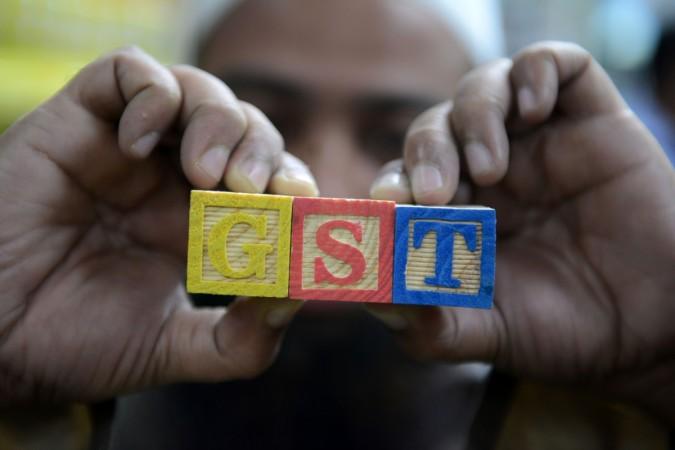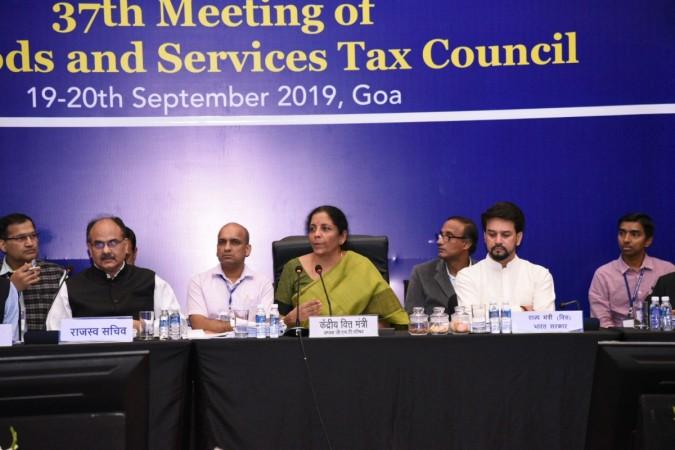The central government is mulling to make fraudulent claims for input tax credit a non-bailable offence in the upcoming budget. Efforts are being made to drive up the GST collection, which has witnessed leakages in the last few months.
According to an Economic Times report, the personnel directly involved in making such claims including CXOs, directors or employees can be penalized. A government official privy to the development said, "Changes are being proposed to the law to plug issues related to fraud input tax credit."
The proposed rules say that for the offence to be treated as bailable, the threshold will be set at Rs 5 crores; over which it will be non-bailable. Notably, the provision is already applicable to suppliers of goods and services.

Green signal from GST council
The proposal will also be expanded to the recipients found guilty of involving in such frauds. It is to be highlighted that the proposed changes made in section 122 and 132 of the GST Act have already been accepted by the law committee and the GST Council, the top decision-making body for issues pertaining to tax. The existing provisions don't have a definite measure to check such evasions.
Tax experts have argued that such checks on illicit claims should have been put in place since the beginning. MS Mani, Partner of Deloitte India said, "A value-added tax like GST should have explicit penalties to deal with cases where active collusion results in input tax credit frauds. "Such cases by a small community of taxpayers lead to increasing compliance and procedural requirements on all taxpayers."

One of the other government officials added the government is mooting beneficiaries of such deceitful claims, usually made through dummy companies. In the past also, the government has registered cases in which input tax credit has been claimed without proper supporting invoices or receipt of goods or services.
A clear framework on this subject will offer an insight to deal with such fake claims. Meanwhile, other experts in the domain have called for a careful approach. Pratik Jain, indirect tax leader at PwC said, "While there is a need to have legislative recourse to prevent such instances, it's important that government issues detailed guidelines as to how and when these provisions have to be invoked so that possibility of misuse can be minimized."









!['Had denied Housefull franchise as they wanted me to wear a bikini': Tia Bajpai on turning down bold scripts [Exclusive]](https://data1.ibtimes.co.in/en/full/806605/had-denied-housefull-franchise-they-wanted-me-wear-bikini-tia-bajpai-turning-down-bold.png?w=220&h=138)



